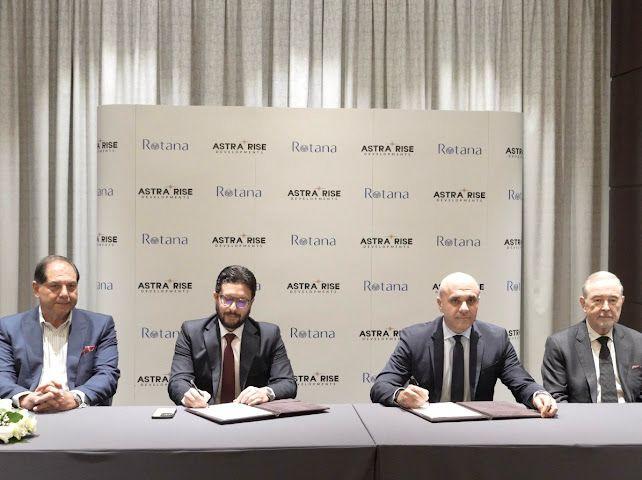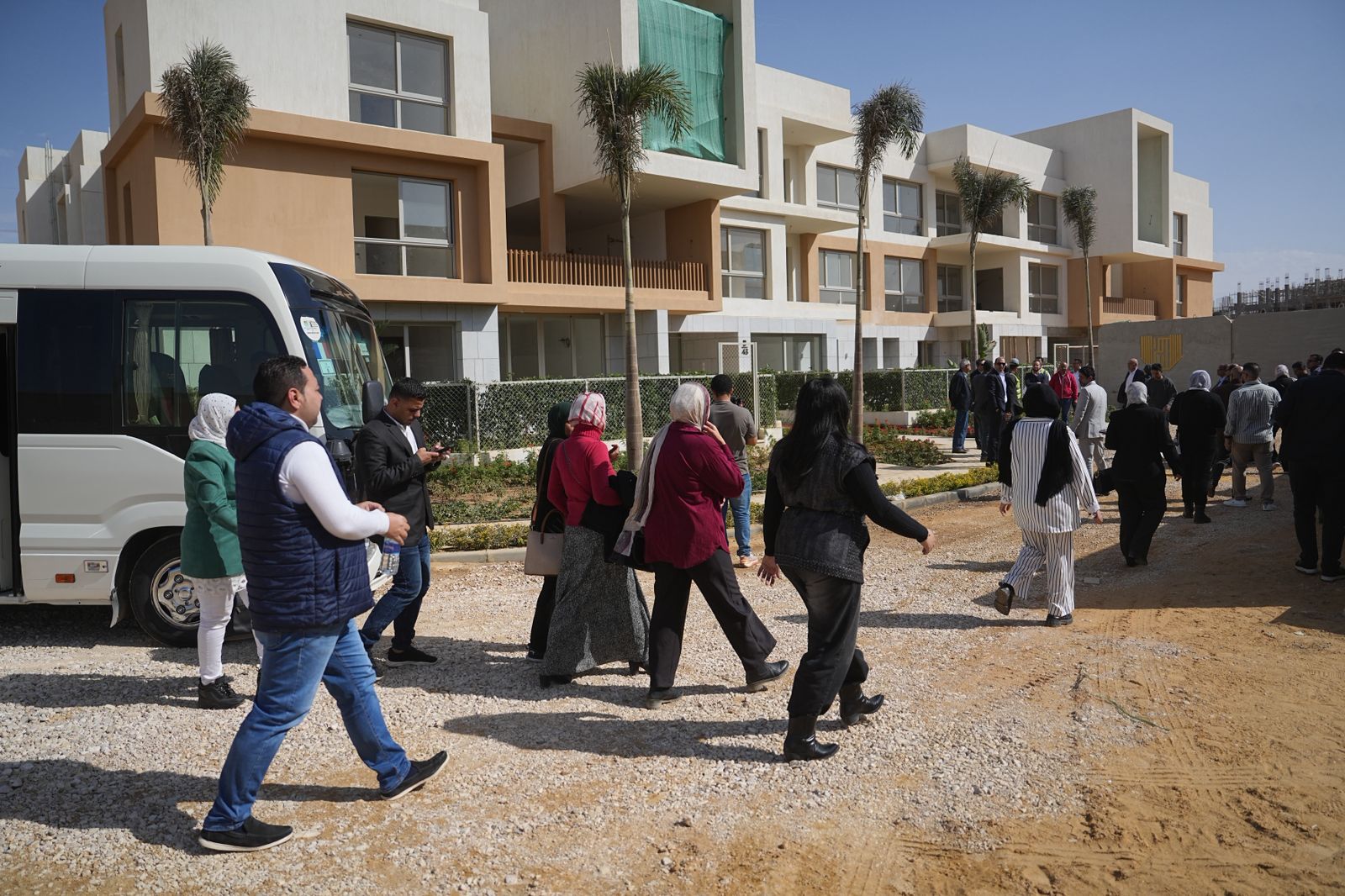Dubai – Masaader News
The UAE construction market is expected to register a CAGR of 5.5% over the forecast period, 2019-2024,according to ReportLinker
– Construction activity in Dubai is estimated to remain robust in the next two years with developments related to Expo 2020 being one of the main factors driving the sector growth.
– The construction market has managed to remain stable and present a positive trend in 2016-2017.
– In November 2017, the combined value of the 11,755 active construction projects in the United Arab Emirates has exceeded USD 818.2 billion (around Dh 3 trillion), accounting for 33% of total value and 52% of all construction activity in the GCC region as a whole.
GCC
– All active construction projects in the GCC region come out to a staggering USD 2.43 trillion (AED 8.91 trillion). The total value of UAE’s contract awards in 2018 has been USD 31.6 billion till September 2018, while in 2017 it amounted to USD 28.6 billion.
– Currently, Dubai attracts a lot of positive attention, owing to the numerous ongoing infrastructure projects to accommodate the needs of big upcoming events, such as Expo 2020.
Expo 2020
– The Expo 2020 has deemed as a substantial boost for the region’s tourism. In that direction, the United Arab Emirates has kicked off large-scale leisure projects, such as new hotels, Dubai South and Dubailand.
– According to the latest data, the total value of major expo-related construction projects reached AED 156 billion (USD 42.5 billion) by the end of March 31, 2018, driven by both public and private sectors.
– A majority of these projects are poised to complete before the expo begins in October 2020, resulting in massive job creation as well. The development of Expo 2020 projects will create a low-level skyline, in comparison to the skyscrapers dominating Northern Dubai.
– In 2017, AED 11 billion worth of contracts in Expo 2020. The Industry data showed that the total value of the top 10 active projects linked to Expo 2020 exceeded AED 120 billion (USD 32.7 billion) as of March 31, 2018.
Smart Cities
– Another trend impacting UAE construction is smart cities.
– By 2021, the UAE government plans on making Dubai the world’s smartest city. Everything from smart transportation solutions to free.
– The heavy public investment in infrastructure can eventually stimulate also the private sector and create great momentum for the entire market. This is a decisive step toward the ultimate goal of breaking the total dependency of the Middle East construction market from oil.
Scope of the Report
The UAE construction market covers the growing construction projects in different sectors, like commercial construction, residential construction, industrial construction, infrastructure (transportation construction), and energy and utility construction.
Key Market Trends
Commercial Construction ahead of Dubai Expo 2020
Also, Commercial infrastructure will be the clear outperformer within the broader construction sector of the United Arab Emirates in the coming years.
As well as, economic diversification gathers pace and the various emirates focus on developing higher-value service industries,
Meanwhile,Expo 2020 driving short-term commercial boom: Commercial infrastructure growth will continue to center on Dubai in the short-term, largely due to ongoing construction activity associated with Expo 2020.
In November 2017, Cimolai Rimond Middle East, a joint venture between Cimolai and Rimond, secured a deal to construct Al Wasl Plaza in Dubai. The project is the final major design element of the Expo 2020 site, which will focus around a planned 438-hectare site, the largest ever created for a World Expo.
Commercial Construction
Located in Jebel Ali, construction at the site is expected to cost between USD 2 billion and USD 4 billion.
Commercial Construction Post Dubai Expo 2020
Abu Dhabi aims to sustain long-term growth: In the long-term, investments .
Moreover, a number of big-ticket commercial projects are moving through the construction pipeline, which will help in sustaining elevated growth rates.
Abu Dhabi’s ambitions in the commercial infrastructure space, its government aims to attract 7.9 million tourists annually by 2030 under the auspices of its Abu Dhabi 2030 Plan, up from 4.4 million in 2016. Furthermore, the emirate hopes to expand its retail and office space to 4 million and 7.5 million square meters by 2030, respectively, up from 2.5 million and 1.5 million square meters in 2013.
Competitive Landscape
The UAE construction market is highly competitive, with the presence of major international players. With a few players holding a significant share, the market studied has observable levels of consolidation.







